Anatoly Bugorsky is a man who stuck his head into a working particle accelerator and survived
Categories: Health and Medicine | Science
By Pictolic https://pictolic.com/article/anatoly-bugorsky-is-a-man-who-stuck-his-head-into-a-working-particle-accelerator-and-survived.htmlIt is well known that radioactive radiation is deadly for humans. Therefore, the equipment working with this physical phenomenon has numerous security systems. But sometimes a chain of fatal coincidences happens and a person falls under the influence of destructive radiation, as happened with the scientist Anatoly Bugorsky.
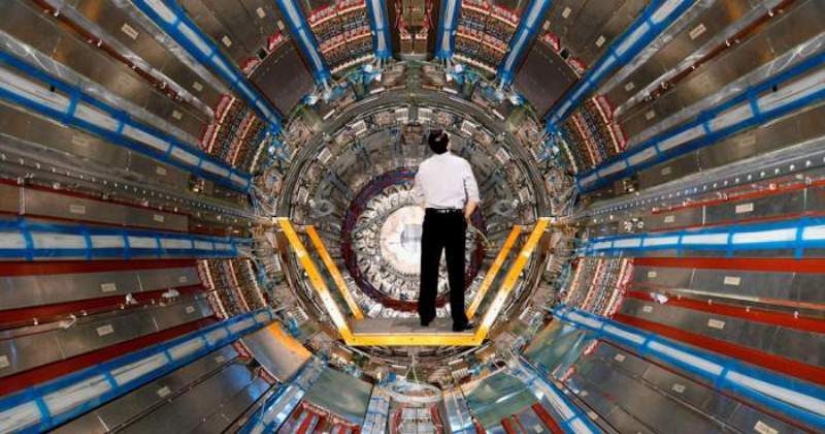
Nuclear physicist Anatoly Bugorsky worked at the Institute of High Energy Physics in Protvino, near Serpukhov. It was there that the largest Soviet particle accelerator U-70 was built. On July 13, 1978, the system malfunctioned and it was necessary to enter the accelerator and inspect the detectors. This standard procedure was to be performed by Anatoly Petrovich.
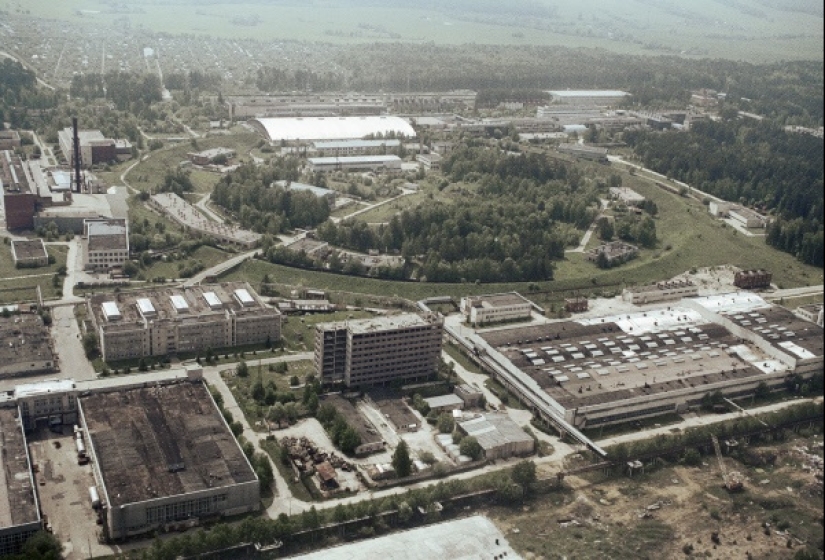
Everything that happened then became a chain of unforeseen circumstances and coincidences. Before that, an experiment was conducted with a low beam intensity and, as unnecessary, the locking of the door leading to the accelerator was disabled. After the work was completed, they forgot to turn it on and because of this, access to the working equipment was possible.

The scoreboard above the door, designed to signal danger, did not work because of a burned-out light bulb, which also played a role. But at the institute, where danger lurks for employees at every step, everyone knows the procedure well and does not rely on "maybe". Therefore, Bugorsky, before entering the danger zone, called the operator at the remote control and asked to turn off the device in five minutes.
Most likely, the physicist entered the accelerator earlier than the agreed time, and the absence of an indication and an unlocked door misled him. Bugorsky stuck his head into the channel through which an extremely powerful beam of protons was passing at that time.
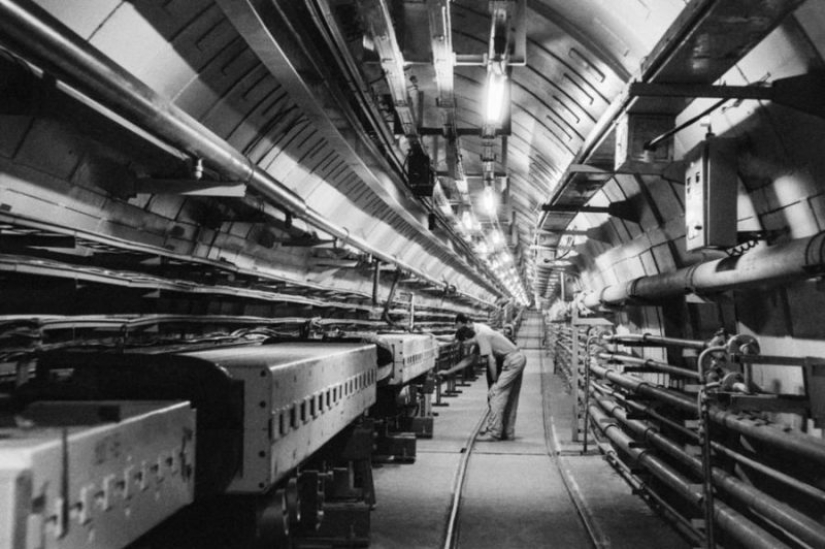
Later, the scientist recalled that as soon as his head crossed an invisible stream of particles, he saw a flash "brighter than a thousand suns." At the same time, Anatoly did not feel pain or any other sensations. The physicist left the danger zone, but did not tell anyone about the emergency.
Presumably, from 200,000 to 300,000 rads passed through Anatoly's head, and it is well known that for a person, a lethal dose of radiation is considered from 400 to 1,000 rads. No other person in the world has experienced such an impact, but Bugorsky was sure that he did not have long to live.
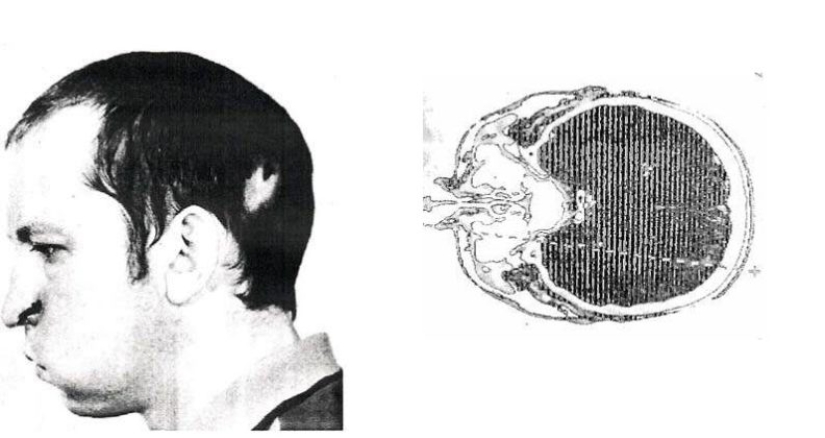
Bugorsky made an entry in the work log about the work performed, as required by the instructions, and then began to expect the appearance of symptoms of radiation sickness. They did not take long to wait — at night the left side of the face was very swollen and in the morning Anatoly went to the hospital.
Of course, they could not help an irradiated person in a regular clinic, so the patient was urgently taken to a specialized radiological hospital No. 6 (now it is the A. I. Burnazyan FMBC of the FMBA of the Russian Federation). Even there, doctors have never dealt with such cases. According to their assumption, the scientist did not die due to the fact that the proton stream was focused into a relatively thin beam of 2 × 3 mm.
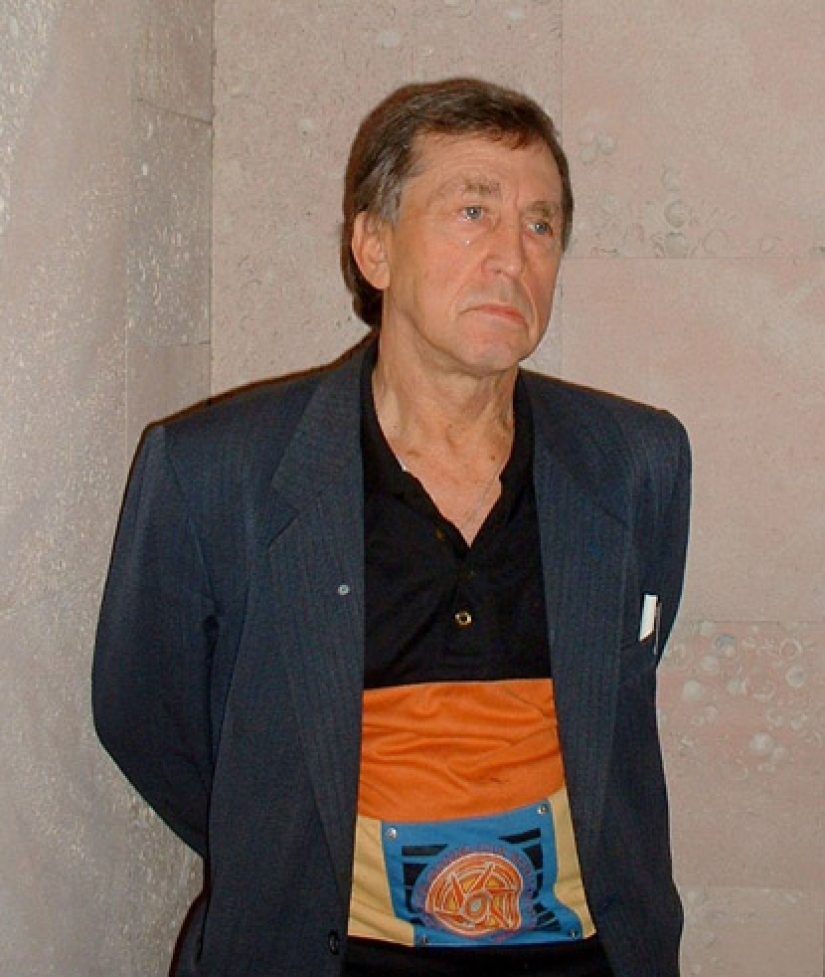
In Chernobyl, Hiroshima and Nagasaki, people were dealing with high-energy gamma radiation that affected the whole body. Bugorsky's case was quite different — the beam entered through the back of the head with minimal scattering and exited through the nose.
It can be said that the beam burned a hole in Anatoly's head, damaging the brain. Half of the scientist's face was paralyzed, but neither the bone marrow nor the internal organs, especially sensitive to radiation, were affected.
Over time, the wounds on the head and face healed, but the facial paralysis persisted. In addition, the physicist lost his hearing in his left ear. Bugorsky also started having epileptic seizures and severe headaches, but the man's intelligence was absolutely not affected.
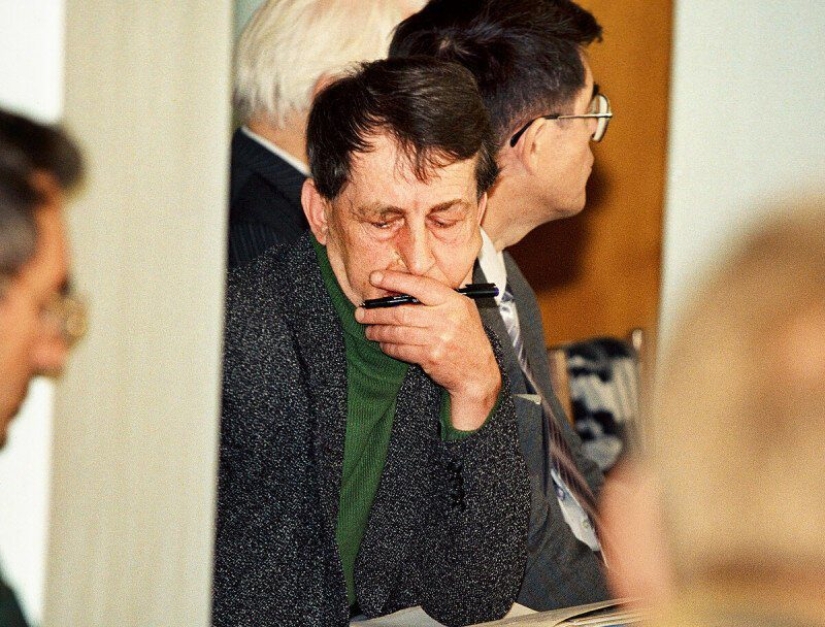
After 18 months, the doctors decided that Bugorsky could be recognized as healthy and the scientist returned to his duties at the institute. He defended his PhD thesis and got the position of coordinator of physical experiments on the very proton synchrotron U-70, which almost killed him.
As was customary in those years, Anatoly Bugorsky signed a non-disclosure agreement and his story for more than 10 years was known only to a narrow circle of colleagues and doctors. For the first time, the physicist told about his injury after the Chernobyl disaster, when the state taboo on the emergency with radiation was partially lifted.

Now the scientist, who has experienced the effects of one of the strongest radiation on the planet, is 79 years old and retired. The proton accelerator that crippled him did not survive perestroika — in the mid-80s, the project was curtailed due to insufficient funding, and the equipment was dismantled.
Bugorsky lives in Protvino spends almost all of his pension on fighting epilepsy, the attacks of which are becoming more severe and prolonged over the years. In 1996, the pensioner applied for an increase in the disability group, but his claim was not satisfied.
Recent articles

It's high time to admit that this whole hipster idea has gone too far. The concept has become so popular that even restaurants have ...

There is a perception that people only use 10% of their brain potential. But the heroes of our review, apparently, found a way to ...

New Year's is a time to surprise and delight loved ones not only with gifts but also with a unique presentation of the holiday ...